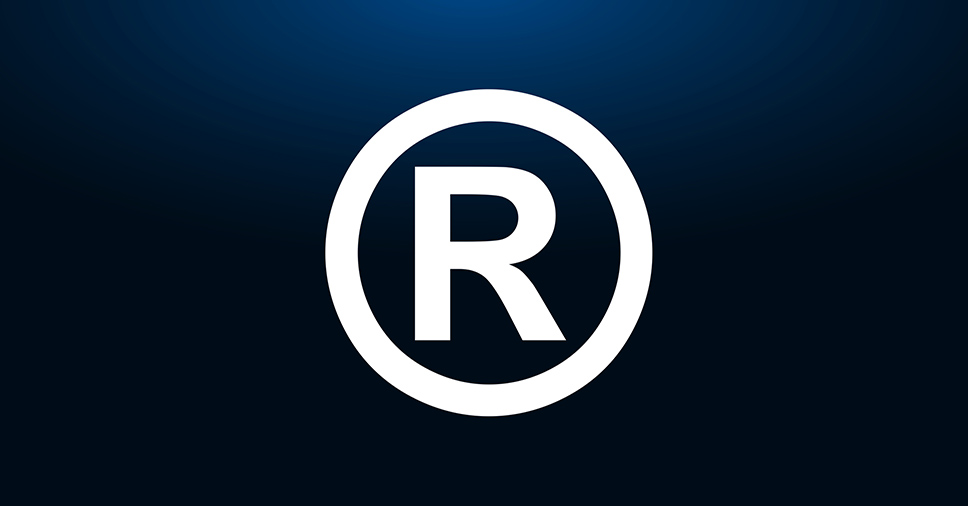With the Trade Marks (Amendment) Rules 2022 (The “Rules”) coming into effect recently, Jamaica will see changes in the regime for the registration of trade marks, including individuals and entities being able to register their marks on an international scale. The Rules will bring about changes in Jamaica’s Intellectual Property (“IP”) landscape, as well as bolster the existing regime.
International Trademark Applications – The Madrid Protocol
One of the most significant changes that has come into effect with the Rules, is the provision for international trade mark applications under the Madrid Protocol (the “Protocol”). Under the Protocol, member countries agree to facilitate international trade mark applications to be registered in their country once the applicant has designated that country as one in which he or she wishes to file an application. This provides for the registration of trade marks in multiple countries via one application in the home country.
Effect in Jamaica
This means that entities or individuals who are nationals of Jamaica, domiciled in Jamaica, or are incorporated in Jamaica, can make a single trade mark application, and pay a prescribed fee to apply for protection of that trade mark in up to 130 countries, covered by the 114 member states. Similarly, persons or entities from member states would be able to make applications from their countries, designating Jamaica as one of the countries in which protection of their trade mark is being sought.
One of the desired effects of the Protocol is that it will be easier and cheaper for persons to make international applications, as opposed to the previous regime of having to register in the home country, as well as in each country where protection was being sought. Another intended effect is the provision of a centralised filing and management system that will include, among other things, being able to renew trade marks online.
How the System Works
In order to utilise the Protocol to file an international trade mark, there must first be a national trade mark or application filed with the Jamaica Intellectual Property Office (“JIPO”). It is this trade mark or application that will form the basis of the international application. JIPO will also be the receiving office for the international application.
Once the application is received by JIPO, the application is forwarded to the World Intellectual Property Organization (“WIPO”) for examination, registration, and publication. Once WIPO has recorded the mark in the International Register, each of the designated member countries is notified. Those members must decide whether they will grant protection of the mark in their territories, within very strict time limits.
Where a designated member does not communicate any objection within a given period from the date of notification (which may be 12 months, 18 months, or more), the trade mark under international registration is deemed protected within the territory of that member as if it had been registered directly with the intellectual property office of that member. The scope of protection of international registrations will be determined by substantive examination under the respective member’s domestic law.
Non-Traditional Marks
The Rules also expand the scope of protection for non-traditional marks. Generally, there was a conservative approach to accepting non-traditional marks as being capable of being sufficiently distinguishing, and therefore, the primary focus was on traditional mark such as words, logos, and slogans. However, with the Rules in effect, non-traditional marks such as three-dimensional shapes, sounds, smells, tastes, colours, and holograms, among other things, may be protected.
Pre-filing Search, and Expedited Examination and Processing of Applications
The Rules have adopted a formal procedure within which trade mark applicants can have JIPO conduct pre-filing searches, and provide advice relating to the registrability of a trade mark, on payment of a prescribed fee. The Rules also permit trade mark applicants to request expedited examinations for new applications, as well as other types of applications, upon the payment of an additional fee.
Fee Increases
Another change brought about by the Rules is an increase in fees for most trade mark services, including national applications. Of note, however, is that for applications for registrations filed prior to September 30, 2023, publication and registration fees payable after this date, will be processed in accordance with the previous fee schedule.
With the Rules now in effect, Jamaica has made significant strides in safeguarding trade marks, and enhancing its overall IP regime. This development, it is hoped, will further elevate the Island’s appeal as a destination of choice for businesses and individuals looking to register, and protect their trade marks. The time for this has never been better, so waste no time. On your mark, set, go!

Nsizwe Stewart is an Associate at Grant, Henry & Rhooms, and practices in the firm’s Estates & Probate Department. She may be contacted at nsizwe.stewart@ghrlegal.com or www.ghrlegal.com. This article is based on Jamaican law, is for general information purposes only, and does not constitute legal advice. Should you wish to seek legal advice, you may schedule a free consultation with our offices.



